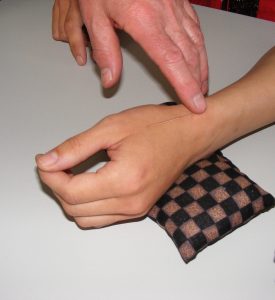
Acupuncture – What does an Acupuncturist do?
If you are thinking of changing career and are considering training to become an Acupuncturist, it is import to realise that many different people call themselves Acupuncturists. So, first you ...
Stay up to date with the latest news and events from the ICTCM

If you are thinking of changing career and are considering training to become an Acupuncturist, it is import to realise that many different people call themselves Acupuncturists. So, first you ...
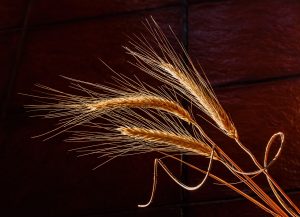
When does Autumn begin? Is it still summer at the moment, or is there a touch of autumn in the air? Are we at the cusp of a change of ...
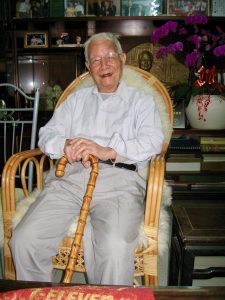
Dr Deng Tietao was a great friend and supporter of the Irish College of TCM. He died, earlier this month, at the age of 104, although as explained in his ...
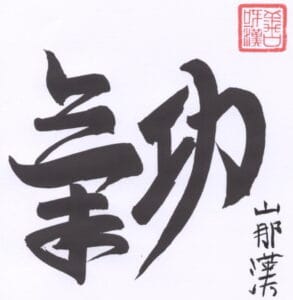
Qigong for Health weekend workshops, are run by the ICTCM (Irish College of Traditional Chinese Medicine) 2 or 3 times each year. No further weekends will be held in 2018. ...
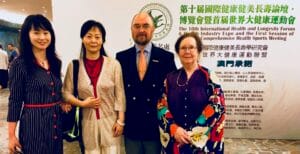
During our recent visit to Hong Kong, Guangzhou and Macao we were delighted to meet old friends in the TCM and Qigong field, and to make new ones. At a ...
Professor Tom Shanahan and Registrar Mary Plunkett have each been invited to make a presentation at the Nei Dao Qigong Symposium being held in Rome in October 2017. Each presentation ...
Acupuncture TCM is a treatment method of Traditional Chinese Medicine which can be effectively used to treat pregnant women and small infants. The photograph shows one of the new graduates ...
Congratulations to Daisy Xia – Daughter of our Qigong Masters Professor Song Xinhong and the late Professor Xia Shuangquan- on her graduation with a DACM from the Southern California University ...